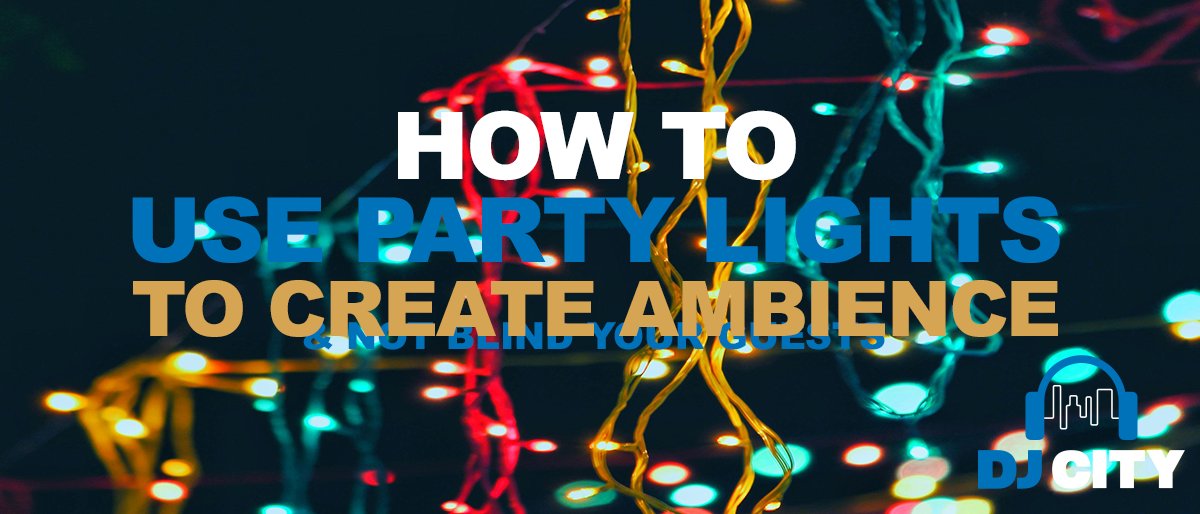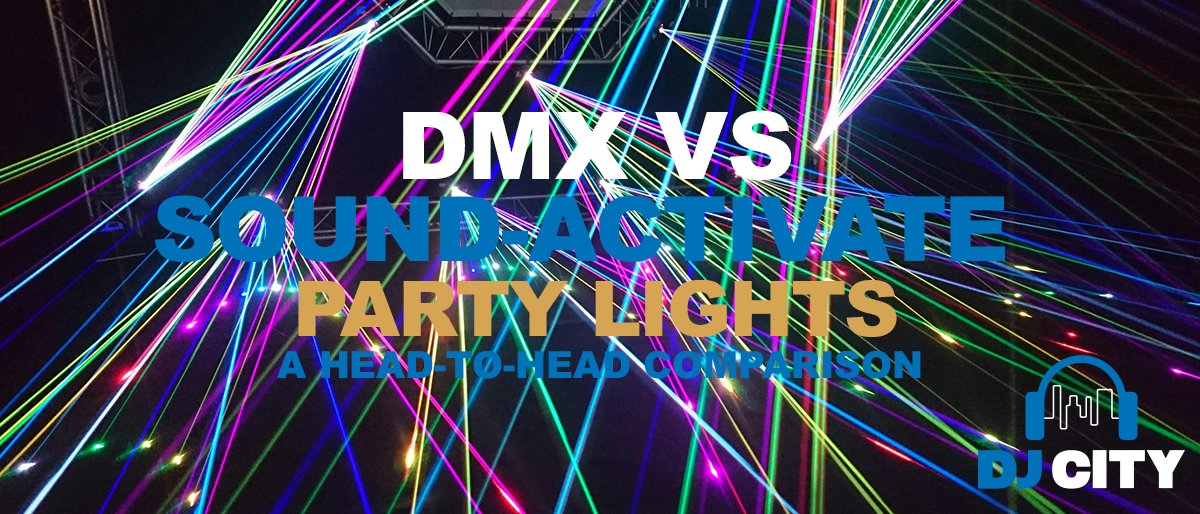
How to Optimise your DJ set up for the Best Sound Quality
When considering how to improve the sound quality of your DJ tracks and music, your set-up optimisation should be at the top of your list of factors.
It will be no surprise that achieving a pristine sound quality is paramount whether you are busy mixing in a home or professional studio, or out at a live gig.
But where do you start? From equipment choices to set-up techniques, there are several items to consider to ensure optimal sound quality.
In this guide, we’ll explore how to optimise your DJ setup for the best sound quality across different environments.
Understanding What Affects Sound Quality in a DJ Set-up
Before diving into optimisation techniques, it’s crucial to understand the key factors that influence sound quality in a DJ setup.
1. Equipment Quality
There’s no moving past the quality of your equipment. Whether it’s turntables, mixers, speakers or headphones, all of your DJ gear will affect the sound reproduction and quality.
While knowing how to improve microphone sound quality, for example, is important, investing in high-quality equipment within your budget is an important consideration for ensuring a significant difference in sound clarity and fidelity.
2. Signal Chain
Once you have the right equipment, consider the components that make up your signal chain. Start with the source, as in the turntable or controller, and work your way to the output, speakers or headphones.
The cleaner and more efficient the signal path, the less likely it will be that interference and signal degradation will occur to your sound quality.
3. Room Acoustics
The acoustics of your environment play a significant role in sound quality. Uncontrollable factors such as room size and shape can impact your produced sound. But other elements that are more easily controlled, such as furniture and materials which can affect sound reflection, absorption, and resonance for better or worse, can lead to variations in sound clarity and balance.
4. Quality of the Audio Files
We’ve covered hardware, software and environment–now is time to consider the quality of the audio files themselves. Make sure you are mixing with the highest quality files as possible.
Higher bitrate and uncompressed audio formats are typically better in terms of sound fidelity compared to lower quality and/or compressed files.
How to Optimise Your DJ Set-up for the Best Sound Quality
Home DJ Set-up
If you’re looking to improve the sound quality of your home studio, here are our recommendations for maximum optimisation effectiveness.
- Invest in high-quality monitors or high-fidelity speakers. These are designed to accurately reproduce sound.
- Position your speakers at ear level, away from walls to minimise acoustic interference and away from corners.
- Use a dedicated audio interface that is designed for digital setups. This can be particularly important when converting analog files to digital files and will reduce latency while maintaining sound quality.
- Consider investing in acoustic treatments such as bass traps and diffusers to improve sound clarity and reduce room reflections.
- Source high-quality and uncompressed audio files for mixing wherever possible.
DJ Studio Set-up
If you’re designing or looking for a professional studio in which to mix and DJ, have a look at these indicators and factors that will best affect the sound quality of your music.
- Is the equipment professional grade? The more high-end the turntables, studio monitors and mixers are, the better the sound reproduction will be.
- Has the studio space been properly treated acoustically? Look for the quality of acoustic panels, the presence of bass traps and the inclusion of diffusers. These all contribute to controlling sound reflections in a room and help to achieve a more neutral listening environment.
- Are the monitors calibrated? Using the right room correction software or hardware can help you calibrate the monitors you are using for accurate frequency response.
- Are the cables of high quality? Even the little things can make an outsized difference. For example, the use of balanced cables and connectors will minimise interference and signal loss in your setup.
Live Gig DJ Set-up
When you’re setting up your DJ station for a live gig or venue-based performance, bear in mind these factors in addition to portability to optimise sound quality.
- Investing in portable yet high-quality speakers will help you make the best of both worlds. The right powered speakers will allow for easy set-up as well as a consistent performance.
- Place your speakers at an optimal height and angle to ensure that there is even sound coverage over the venue or dancefloor and minimise sound dispersion and echo from walls and corners etc.
- Always have backup cables, adaptors, connectors and equipment in case of a technical issue that can arise during set-up or (even worse) during the live performance.
- Get into the habit of conducting a thorough sound check before the event or gig. By giving yourself enough time to troubleshoot any issues, you can ensure proper sound levels, clarity and quality before people arrive.
Need the right DJ equipment? We’ve got it!
Does an amplifier improve sound quality? Or degrade it?
Do audio interfaces improve sound quality or does it not matter?
Whether you would like to discuss answers to these questions or any others–or if you’d just like some expert recommendations of the best quality DJ equipment and gear on the market, make sure to reach out to our team here at DJ City today!




